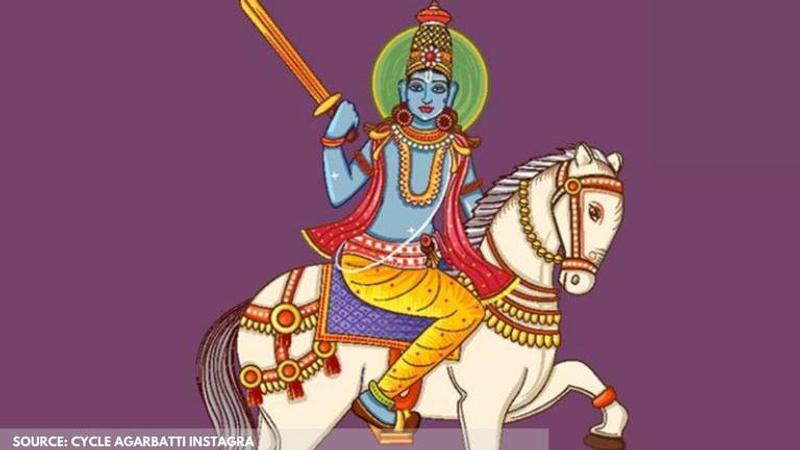Published 23:45 IST, July 24th 2020
Kalki Jayanti 2020: Know history and significance of the spiritual day
According to this year's calendar, Kalki Jayanti 2020 will be celebrated on July 25, Saturday. Read further and check out Kalki Jayanti history & significance.

Kalki Jayanti 2020 will take place on July 25, Saturday. Kalki Jayanti remembers the expected arrival of Kalki. Kalki, also known as Kalkin, is the tenth incarnation or avatar of Lord Vishnu. It is believed that his birth ends the Kali Yuga, the final of the four eras (Satya Yuga, Treta Yuga, Dvapara Yuga, and Kali Yuga) in the eternal cycle of living within the Sanatan Dharma. This process afterward, starts a new cycle with Satya Yuga. Check out the history and significance of the day.
Kalki Jayanti History
Kalki Jayanti marks the birth of Lord Vishnu's tenth avatar Kalki. As per Hindu texts, the Garuda Purana lists ten avatars. Kalki is described as the avatar who appears at the end of the Kali Yuga. This incarnation of Vishnu is believed to end the darkest, decaying and uncontrolled stage of the Kali Yuga (period) to remove adharma and ushers in the Satya Yuga, while riding a white horse with a fiery sword.
He restarts a new cycle of time and is described as a warrior in the Puranas. The divination of the Kalki avatar is not only believed by the followers of the Vaishnavism sect of Hinduism (Sanatan Dharma) but by Sikhism as well, as the last Avatar in Dashavatara, the ten avatars of Vishnu, who is the chief deity in Vaishnavism. Devotees of Lord Vishnu consider that the event will take place on the sixth day in the Hindu calendar in Shravan month. Lord Vishnu puja is done on this day and people observe fast too.
Kalki Jayanti Significance
Kalki Jayanti is celebrated in several different religions in Hinduism. According to some writings Kalki would be taking birth in the village of Shambala, to a devoted Brahmin named Vishnuyasha. This event will happen 427,000 years from now as the Kali Yuga nears to an end. In some holy writings, Kalki would also symbolise the eight supreme virtues of the Godhead.
On this day, devotees are expected to observe fast. They also recite and chant Vishnu Sahasranama, Narayana Mantra and other mantras 108 times. Believers perform pooja starting with the chanting of Beej mantra which is then followed by offering a seat to the Lord (asana).
In the further process, the Lord's idol is washed spiritually with water and panchamrit. 108 recital of Lord Vishnu's name is observed with the offering of flowers, lamps and incense. Devotees also donate food to Brahmins as well as to the needy ones.
Updated 23:45 IST, July 24th 2020



